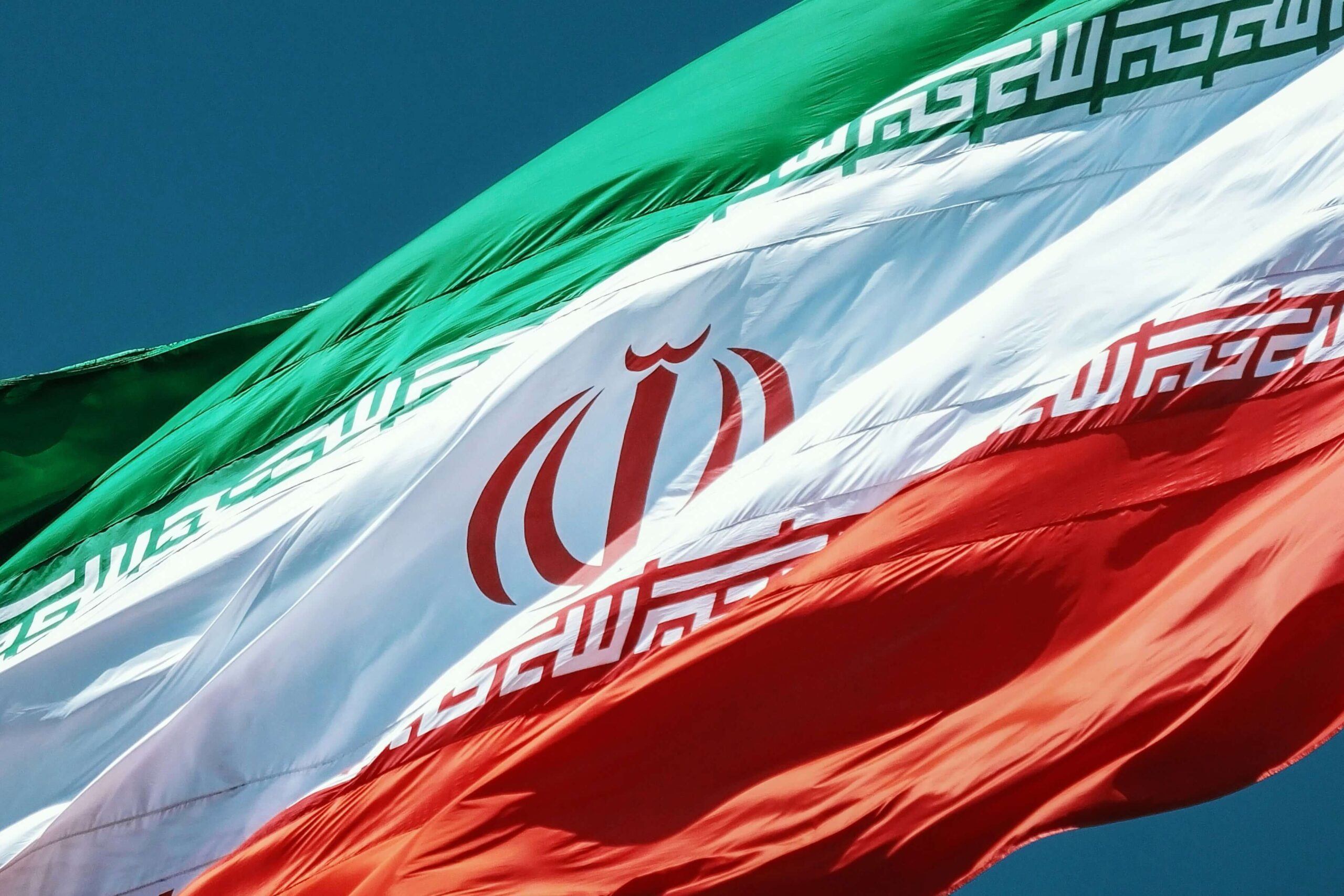In the ever-turbulent landscape of the Middle East, tensions between Iran and Israel have once again reached a boiling point. Recent events have seen a dramatic escalation in hostilities, prompting global concern and raising questions about the region’s stability. In this update, we delve into the latest developments in the ongoing conflict between these two regional powers and explore the potential ramifications for the wider Middle East and beyond.
Over the weekend, Iran launched 331 missiles and drones directly at Israel. This ambitious attack, originating from Iran itself and orchestrated through Iranian proxies in Iraq, Syria, Lebanon, and Yemen, was well telegraphed in advance as retaliation for Israel’s attack on the Iranian embassy in Damascus, which resulted in the death of seven senior members of the Iranian Islamic Revolutionary Guard Corps.
Fortunately, Israel’s Iron Dome anti-missile defence system, along with support from US and UK fighter aircraft, successfully managed to intercept and neutralise nearly all the incoming missiles and drones. The limited few that reached their target caused only minor damage to an Israeli airfield, with no reported casualties.

Photograph: Amir Cohen / Reuters
Both sides have claimed victory. Iran showcased its ability to strike directly at Israel, while Israel successfully defended against the attack. However, the situation remains precarious. The fact it was a direct assault on Israeli territory suggests that Israel may well retaliate, but the timing and nature of any response are uncertain.
It’s challenging to predict and trade such events successfully. Attempting to foresee the decisions of military and political leaders in times of conflict is inherently unpredictable – making investment decisions based on geopolitical speculation can be risky and may not yield the desired outcomes.
The natural reaction to military events in the Middle East is to expect a rise in oil prices, a fall in stocks, and a rally in bonds. In the past 24 hours, the opposite has happened. At the time of writing, oil is lower, stocks are up, and bond yields are slightly higher.
In terms of portfolio positioning, diversification is key. We continue to see a role in portfolios for energy and defence stocks both of which are likely see gains in the event of further geopolitical unrest.
News Update: Israel Responds

Israel responds to the missile and drone assault by Iran on 14 April 2024.
After five days since the initial attack, there have been developments in the Iran-Israel conflict (as at 19 April 2024). Overnight Israeli drones or missiles struck military targets in Iran near the city of Isfahan. Reports of damage are light, and it is not totally clear what weapons were used and what the intended targets were.
Iranian media appears to be downplaying the significance of the strikes while Israel is saying little if anything about them. Financial markets briefly reacted with oil prices spiking above $90 a barrel.
It is easy to dismiss this event as more posturing, (in this case by Israel) but conflict is by its nature unpredictable. Accidents can happen, casualties can be larger then intended and suddenly you have a war. Expect more volatility in financial markets coming from this region.
European Defence Stocks
Our recent article from Investment Director William Lamond takes a closer look at European Defence Stocks and explores how such conflict has increased interest from investors.
Exploring the Dynamics of European Defence Stocks — Read here
Sign up below to receive similar content directly into your inbox.
Want to become an Oakglen client? Get in touch with one of our wealth team via the Contact Us page to hear more about our products and services, and how suitable they are for you and your personal circumstances.

